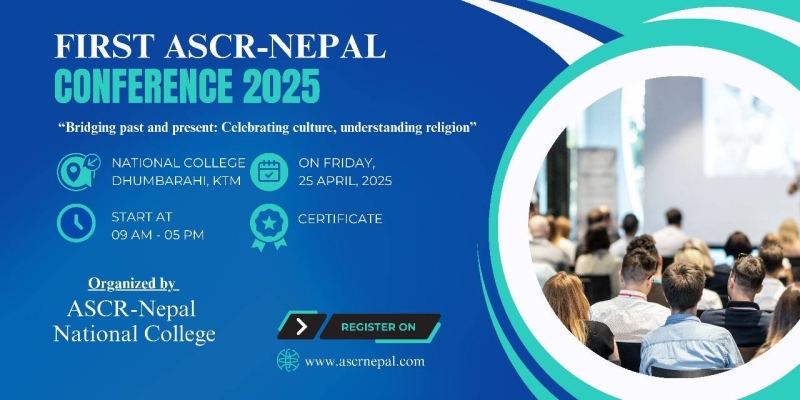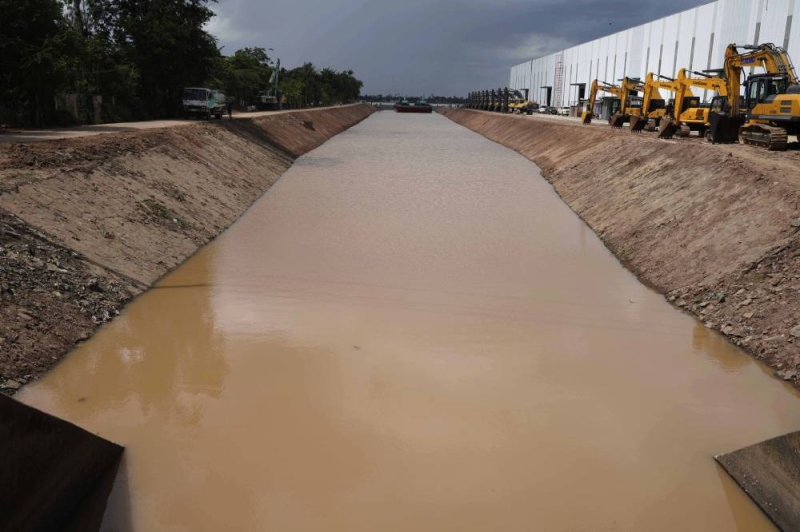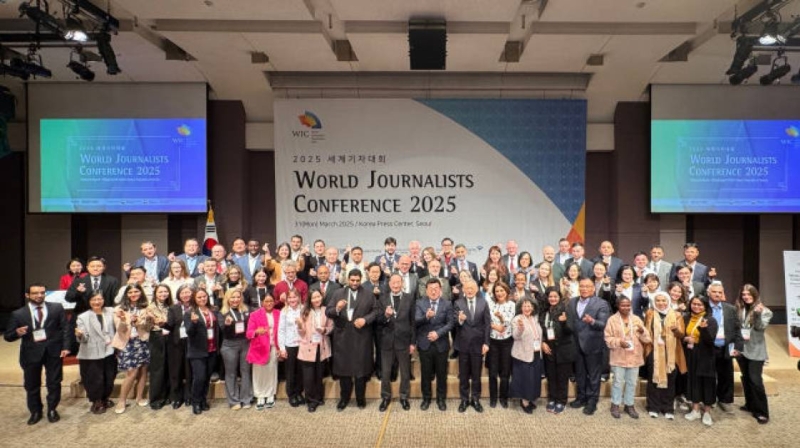Ensure scribes’ safe movement: Sundh
Ensure scribes’ safe movement: Sundh
Published: 12:00 am Feb 07, 2007
Kathmandu, February 6:
Representative of the United Nations High Commissioner for Human Rights Lena Sundh today urged the leaders, in the context of the situation in the Terai, to ensure that their organisations, parties and sympathizers allow journalists to work safely.
“We have seen in recent times how inflammatory rumour can damage a society where long conflict has eroded social trust. People need accurate information, on time, in order to be able to trust such important and often complex political developments,” Sundh said in her address at the launch of the film “I am Nepali, hear my voice” jointly organised by UNESCO Nepal and OHCHR- Nepal.
She also said this puts a lots of responsibility on media to report accurately.
“If the promise of the Jana Andolan is to be fulfilled, and the aspirations of Nepalese people for a fairer society in which they can all take their place as equals is to be realised, then the existing inequality in access to information depicted by the film released today needs to be recognised and addressed by government and political parties,” Sundh said. “Nepal acceded to the International Covenant on Civil and Political Rights (ICCPR) in 1990, and the Government of Nepal has a legal obligation to act to guarantee the right to information. The 1990 Constitution of Nepal guaranteed the right to information, which was also recognised in the Comprehensive Peace Agreement and the Interim Constitution,” states the joint press release issued by UNESCO office in Nepal and OHCHR-Nepal.
Deputy director of International Media Support Thomas Hughes said: “Access to information is an essential building block for transparent and accountable democracy. It is, therefore, particularly significant in light of the momentous political change of the past year that this issue receives the attention it desires.”
The 23-minute documentary was a joint campaign of UNESCO office in Nepal and OHCHR-Nepal to promote the right to information. The film highlights the obstacles faced by many Nepalese people in accessing information during this period of great political change, as well as the great impact access to information can have on the lives of Nepalese people.
Abdul Waheed Khan, UNESCO assistant director general for communication and information, said the election of the Constituent Assembly will be a phase in which full knowledge on the electoral process and on the candidates will be crucial so that all citizens will be able to exercise their right to participate.





